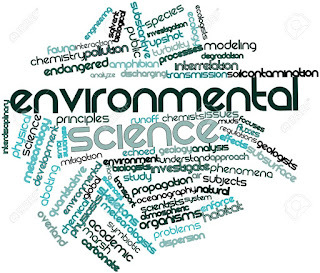Climate change is one of the most pressing political, economic and environmental issues of our time. It demands honest and timely collective global actions. Despite the ever rising environmental catastrophes that are occurring around the world from destructive hurricanes, cyclones and flooding to sea level rise, coastal erosion, drought, fire, and sea acidification, there are climate change deniers who argue that climate change is not posing the kind of danger that is being put forward. Yet, if the global community does not take drastic measures now, climate change could result in many of the Pacific island nations being wiped from the map of the world in the not so distant future. The small island nations of the Pacific region are more vulnerable to the acute effects of climate change than any other region in the world. Most of these volcanic islands are barely a few metres above sea level. Ocean level rise amongst other climatic changes is threatening the very existence of these geographically isolated and small land masses. -˜The rising scale and the intensity of storm surges, saltwater intrusion and coastal destruction of the past decades have decimated coping capacities, leaving island populations with failing crops, crippling water shortages and an uncertain future’. The existential threat of environmental change is irrefutably claiming land and human lives year in and year out. It is now widely accepted by the scientific community that the Earth is undergoing drastic climate change due to increased greenhouse gas emissions1. Changes in global climate have occurred several times throughout the Earth’s history but have stretched over very long periods of time whereas currently these changes are taking place over the space of a century or less1,2,3. This rapid change, associated with other threats resulting from human activity related to production and consumption4, are having a strong impact on biodiversity. Considered as one of the five main causes of species and populations losses, climate change may lead to direct alterations of natural habitats, forcing species to move from their historical range, adapt to new environmental conditions, find refuge in unaltered microhabitats or may lead to species extinction. Importantly, climate change acts in synergy with other human induced threats, such as land use intensification or biological invasion, increasing their effects.Most small islands already have high burdens of climate sensitive diseases such as vector , food and water borne diseases like malaria, dengue and diarrhoeal disease.The effects of climate change including increased average temperatures, more frequent and severe extreme weather events and rising sea levels will exacerbate this disease burden with an expected increase in illnesses and deaths, as well as threatening access to safe food supplies, clean water and sanitation
Dr. Nasreen "Impact of Climate Change on Island" Published in International Journal of Trend in Scientific Research and Development (ijtsrd), ISSN: 2456-6470, Volume-5 | Issue-5 , August 2021,
URL: https://www.ijtsrd.com/papers/ijtsrd43817.pdf








No comments:
Post a Comment